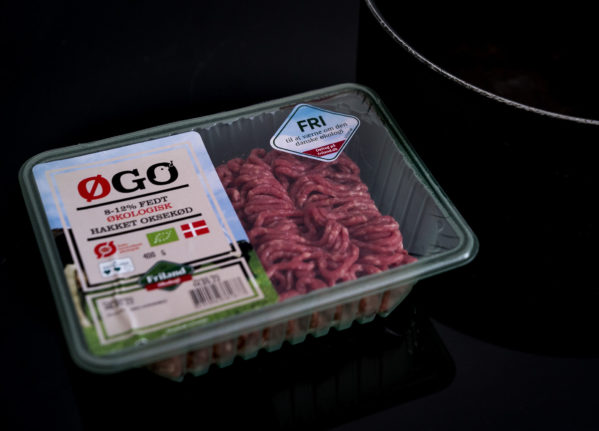Furthermore, 10 percent stated that they have failed to visit friends and family in another part of the country, and one in five answered that the pressure on their financial situation had affected their close relationships.
Anja Philip of the Consumer Council is worried by the survey’s findings.
She believes Danish politicians should find measures to help those hardest hit by inflation.
“If we enter a negative spiral, where the mental health of more and more people is also affected, then we’ll get a cocktail which can be quite toxic for our society,” she says.
Rasmus Lund-Nielsen, the Moderates’ spokesperson for children and well-being, said he is concerned about the figures, especially when it comes to children who live in homes where the parents are arguing or otherwise have problems because of their finances.
“There is quite clear evidence for a connection between financial concerns and the quality you can provide in the upbringing of your children,” he said.



 Please whitelist us to continue reading.
Please whitelist us to continue reading.
Member comments